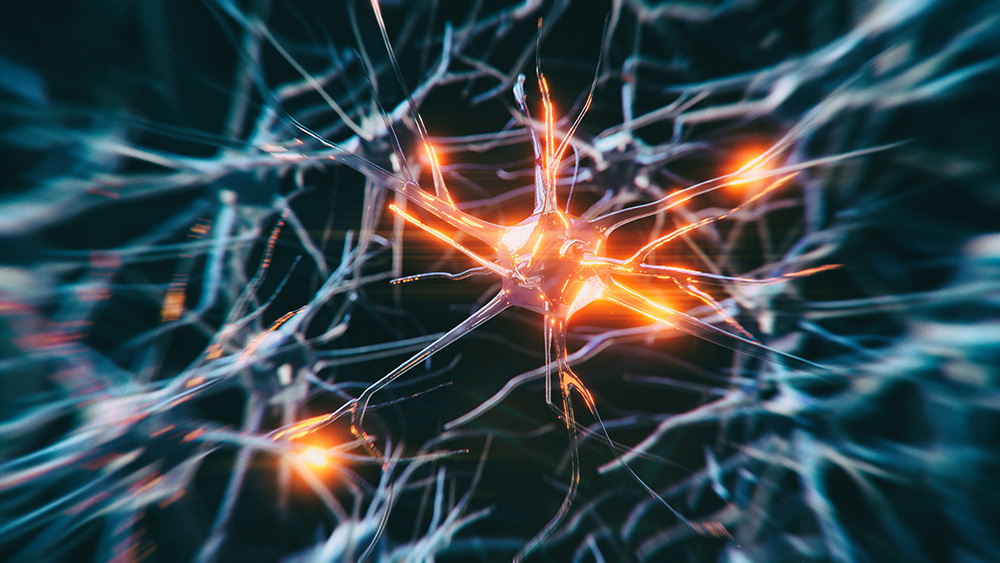One third of people with epilepsy receive no relief from seizures with currently available antiepileptic drugs, prompting a $2 million NHMRC (National Health and Medical Research Council) Ideas-funded project by QUT geneticist Professor Dale Nyholt to identify new genetic biomarkers and drug targets for pharmacoresistant epilepsy.
- Genetic study aims for personalised medicine for people with drug-resistant epilepsy
- Current antiepileptic drugs control seizures in only two thirds of people with epilepsy
- We have no way to predict who will respond to each drug
- Trial and error is currently performed to find the correct drug for each individual
Professor Nyholt, from QUT Centre for Genomics and Personalised Health, said new antiepileptic drugs (AEDs) as well as biomarkers to indicate which drug would control individual patients' seizures, needed to be discovered.
"The proposed research aims to identify new AED targets and predict the right (and wrong) drugs for an epilepsy patient from the outset," Professor Nyholt said.
"Compounding the problem of drug-resistance is the fact that we have no way to accurately predict which patients will respond to a specific or any of the antiepileptic drugs.
"It is a case of trial and error with the more than 20 licensed antiepileptic drugs for the two thirds of patients who will respond to them.
"Only 47 per cent respond to the first AED, 13 per cent respond to the second, and four per cent respond to the third or more AED and the patient continues to have seizures as the search for the correct drug continues."

The four-year project aims to conduct pharmacogenetic association and bioinformatic analysis on DNA sequence variants from 10,000 pharmacoresistant epilepsy patients.
Professor Nyholt said the benefits of the research included insight into epilepsy biology and AED mechanisms of action; elucidation of a profile associated with the efficacy and tolerability of AED response in pharmacoresistant epilepsy; and discovery of novel targets to develop new AEDs for those patients whose seizures are not controlled by AED.
The research team comprises Professor Dale Nyholt, Associate Professor Wendyl D'Souza from the University of Melbourne and Associate Professor Bobby Koeleman from the University Medical Center Utrecht. Associate investigators are Professor Nicholas Martin of the QIMR Berghofer Medical Research Institute, Professor Ingrid Scheffer of the University of Melbourne, Professor Arn van den Maagdenberg of the Leiden University Medical Center, and Professor Melanie Bahlo of the Walter and Eliza Hall Institute of Medical Research.






